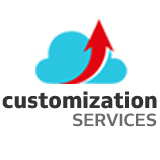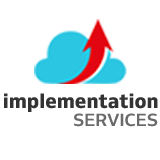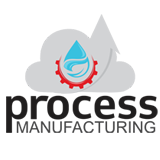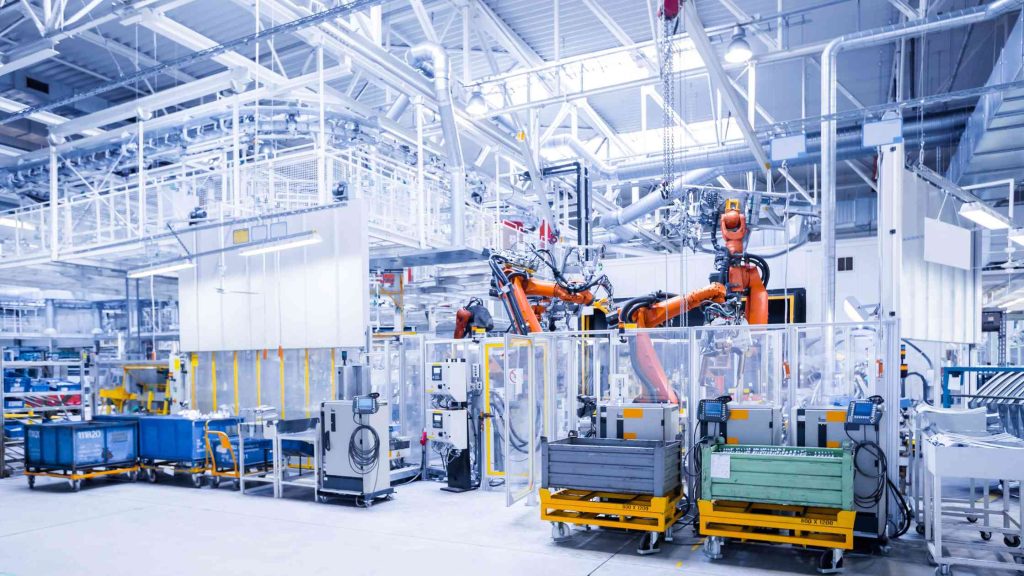Manufacturing is a crucial aspect of the economy, providing jobs and products that people use daily. As with any business, manufacturing companies must continually develop and evolve to remain competitive and profitable. In this blog post, we’ll explore some tips for manufacturing business development.
Suggestions for manufacturing business development
Stay on top of industry trends.
The manufacturing industry constantly evolves, and staying updated with the latest trends can help your business remain competitive. Keeping an eye on emerging technologies, changes in consumer demand. And new regulations can help you identify opportunities for growth and innovation.
Focus on quality
Manufacturing businesses rely heavily on their products’ quality, and maintaining high standards is essential to building a solid reputation. Investing in quality control processes, regular inspections, and employee training can help ensure your products meet or exceed customer expectations.
Build strong relationships with suppliers.
Suppliers are critical to any manufacturing business; maintaining solid relationships with them can help your business operate smoothly. A good working relationship with your suppliers can help you negotiate better pricing. And receive timely deliveries, and access new materials and technologies.
Utilize technology
Technology can play a significant role in manufacturing business development. Automating processes, implementing new software, and utilizing data analytics can help you streamline operations. And increases efficiency and makes more informed business decisions.
Expand your product line.
Expanding your product line can help you reach new markets and increase revenue streams. Market research and analyzing customer needs can help you identify opportunities for new products that complement your existing offerings.
Adopt sustainability
Sustainability is becoming increasingly essential to customers, and manufacturing businesses can benefit from embracing eco-friendly practices. Implementing sustainable practices can help reduce costs, improve your brand reputation, and attract environmentally-conscious customers.
Build a strong team.
Finally, building a solid team is essential to the success of any manufacturing business. Hiring skilled workers and investing in employee training. And promoting a positive company culture can help you attract and retain top talent.
In conclusion, manufacturing business development requires a combination of innovation, attention to quality, and strategic planning. By staying on top of industry trends, building solid relationships with suppliers, utilizing technology, expanding your product line, embracing sustainability, and building a solid team, you can position your business for long-term success.
What Does the Future Hold for Manufacturing Operations Management?
The manufacturing industry has undergone substantial transformations in recent years, driven by technical advances, consumer preferences, and the rise of Industry 4.0. Manufacturing operations management (MOM) has also evolved to keep pace with these changes, incorporating new tools and processes to improve efficiency, quality, and productivity. In this article, we’ll explore the future of manufacturing operations management.
Increased use of automation
Increased use of automation and artificial intelligence One of the biggest trends in manufacturing operations management is the increased use of automation and artificial intelligence (AI) to improve productivity and reduce costs. Advances in robotics, machine learning, and data analytics are making it likely to automate more functions, from assembly and packaging to grade control and stock management.
supply chain resilience
Greater focus on supply chain stability The COVID-19 pandemic underlined the significance of supply chain stability, as troubles with global supply chains impacted manufacturing operations worldwide. In the future, manufacturing operations management will place a greater emphasis on building more resilient supply chains, including the use of local suppliers and backup plans for critical components.
Sustainability
More emphasis on sustainability As consumers become increasingly aware of the environmental impact of manufacturing, there will be a greater emphasis on sustainability in manufacturing operations management. It will include using eco-friendly materials, energy-efficient processes, and sustainable supply chains.
Integration of Digital and Physical Systems
Integration of Digital and Physical Systems Industry 4.0 is driving the integration of digital and biological systems in manufacturing operations management. It includes using sensors and other Internet of Things (IoT) devices to collect real-time data, which can be used to optimize processes and improve quality control.
Adoption of cloud-based solutions
Adoption of cloud-based solutions Manufacturing operations management is also moving towards cloud-based solutions, which offer greater flexibility, scalability, and accessibility. Cloud-based resolutions can be accessed from anywhere, letting manufacturers monitor and manage their operations in real time.
Emphasis on employee training and upskilling
Emphasis on employee training and upskilling As manufacturing operations become more automated and data-driven, there will be a greater emphasis on employee training and upskilling. It includes training in new technologies, such as robotics and AI, as well as data analytics and cybersecurity.
Mass Customization
Shift towards mass customization Finally, manufacturing operations management is also moving towards mass customization, as consumers demand more personalized products. It will require more flexible manufacturing processes that quickly adapt to changing customer preferences.
In conclusion, manufacturing operations management is rapidly evolving, driven by technological advances, changing consumer preferences, and the need for greater efficiency and sustainability. The future of manufacturing operations management will be characterized by increased automation and AI, more significant supply chain resilience and sustainability, integration of digital and physical systems, adoption of cloud-based solutions, emphasis on employee training and upskilling, and a shift towards mass customization.

Vijay comes with a vast experience in ERP and enterprise solutions space with about 20 years of experience in various packaged application like Acumatica, SAP, Orion, Salesforce.com, SugarCRM and, SalesLogix.
















